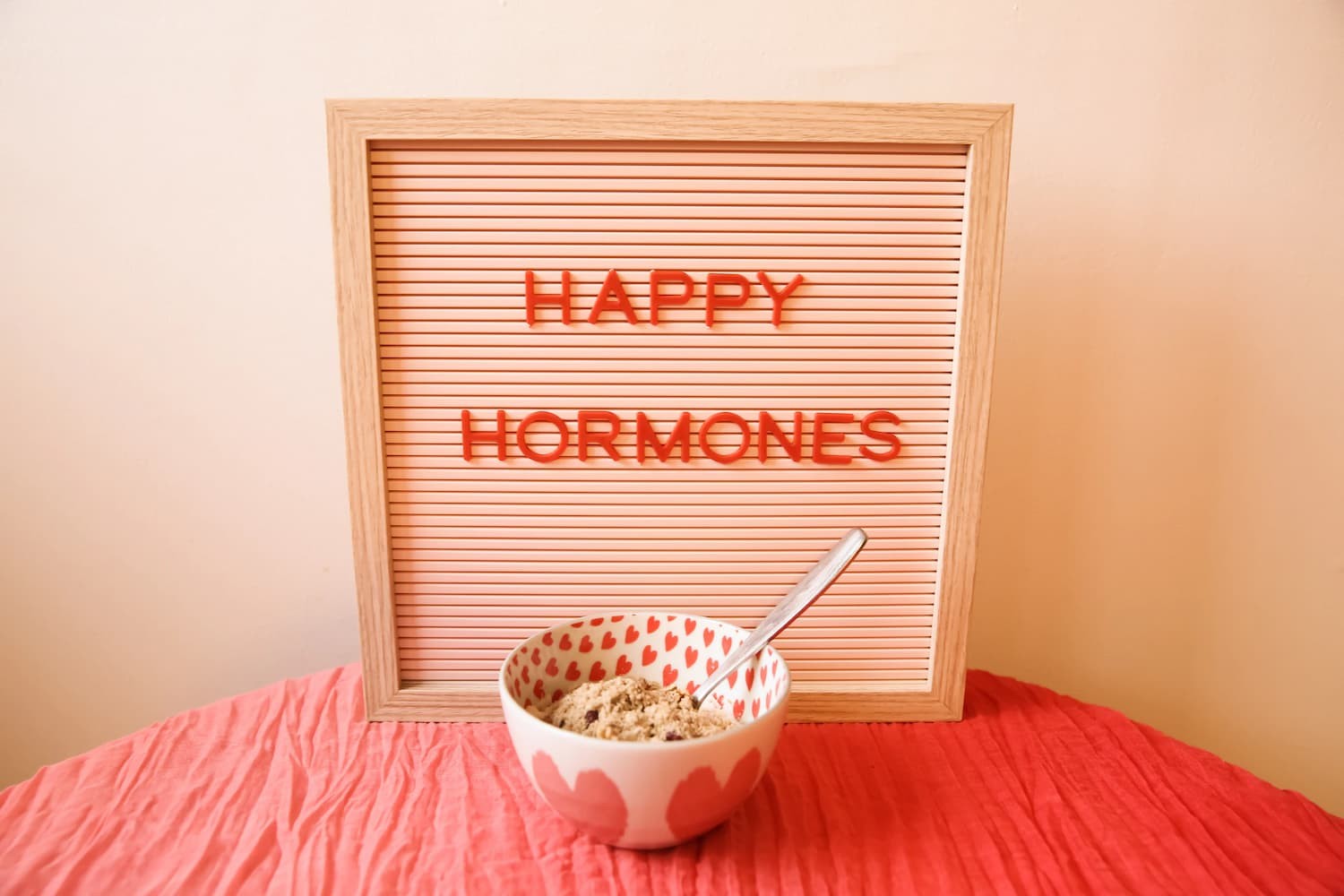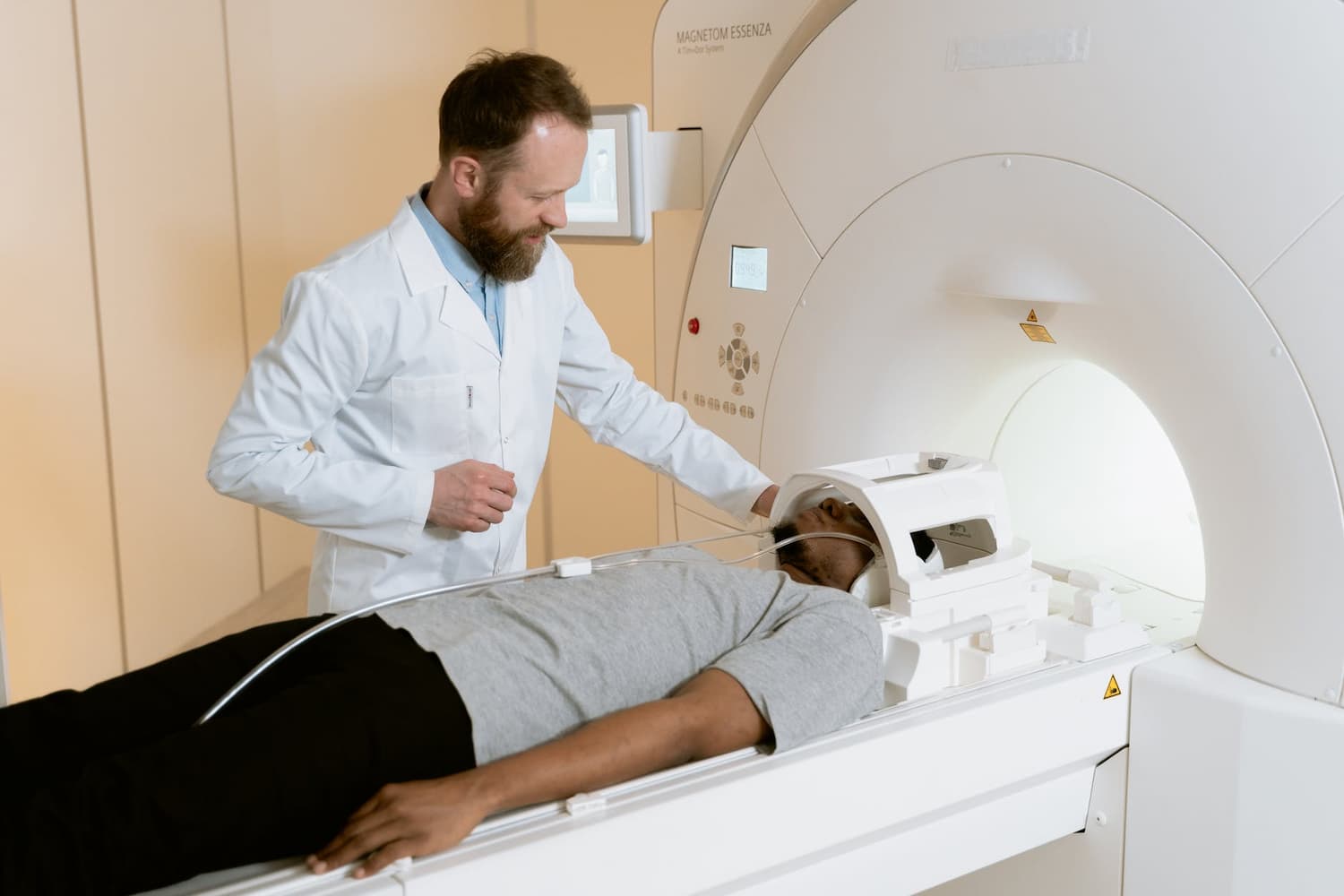
Excess hormones or lack thereof is a recipe for disease. Hormones are chemical messengers produced in the endocrine glands to regulate our bodily functions. Having too much or too little of a specific type of hormone causes hormonal imbalance. Your levels of hormones naturally go up and down at different stages of your life such as puberty, menstruation, pregnancy or menopause. However, their erratic behaviour can also be a result of a poor diet, unhealthy lifestyle choices or an underlying health condition. Read on to learn more about hormonal imbalance, its causes and symptoms, and the best treatment option for it.
Who Usually Experiences Hormonal Imbalances?
Hormonal imbalances can be experienced by men and women, with varying symptoms. A woman's body goes through more stages of change throughout her lifetime, compared to a man's body. As soon as she reaches childbearing age and gets her first period, a woman's progesterone and estrogen levels increase every month to prepare for pregnancy. Then, the same hormones back down when it's time for her body to go to menopause.
Men, on the other hand, get high androgen levels during puberty and experience dwindling testosterone levels as they age. The symptoms of a hormonal imbalance depend on which endocrine gland and hormones are malfunctioning. There are eight glands in the endocrine system and they are as follows:
- The adrenal glands release adrenaline that regulates blood pressure, as well as the hormone cortisol.
- The pituitary gland secretes hormones that control the functions of other endocrine glands.
- The pineal gland secretes the hormone melatonin to control the body's circadian rhythm.
- The thyroid gland produces the thyroxine and triiodothyronine hormones that regulate metabolism.
- The parathyroid glands secrete parathyroid hormone which regulates the blood calcium levels.
- The pancreas produces the hormones insulin and glucagon that control blood sugar levels.
- The reproductive glands, otherwise known as gonads, produce sex hormones called estrogen and progesterone in women, while in men it's called testosterone.
- The thymus gland secretes the hormone thymosin which builds T cells to protect the immune system.
What are Common Symptoms of Hormonal Imbalances?
The symptoms of hormone problems vary according to gender, age and health issues. The most common ones, however, include the following:
- Headaches
- Blurred vision
- Bloating
- Fatigue
- Excessive sweating
- Irregular sleep patterns
- Unexplained weight gain
- Bone loss
- Mood swings
- Low libido
- Hair loss
- Fluctuating blood pressure
- Dry skin and hair
- Skin issues
- Brain fog
Women with hormonal imbalances experience more unpleasant symptoms than men such as painful intercourse, vaginal dryness, painful periods, hot flashes, breast pain, irregular periods and heavy bleeding. Abnormal levels of androgen can also increase their facial hair and deepen their voice. A hormonal imbalance in a woman may be caused by a medical condition such as ovarian cancer, polycystic ovarian syndrome (PCOS) or primary ovarian insufficiency (POI). Taking birth control pills or hormone therapy can also lead to hormone-related health issues. Consulting a health practitioner will shed light on the underlying cause of symptoms.

Hormonal imbalances in men usually stem from insufficient levels of testosterone, though other endocrine glands may also be responsible. Common symptoms of hormonal problems in men include:
- Reduced body hair
- Enlarged breast tissue due to high levels of estrogen
- Loss of muscle mass
- Breast tenderness
- Decreased sperm count
- Erectile dysfunction
What are the Causes and Risk Factors of Hormonal Imbalances?
While it's normal for the human body to experience fluctuating hormones once in a while as it constantly transitions to a new phase, there are several other factors that may contribute to it, including certain medications. High stress levels can make the adrenal glands overactive, forcing them to secrete excessive cortisol levels that may result in irregular menstrual cycles, mood swings, anxiety and depression in women. Overproduction of cortisol can also affect their sexual function.
Hypothyroidism, which occurs when the thyroid produces very few hormones, and hyperthyroidism, which is an overproduction of hormones by an overactive thyroid, are also common reasons for hormonal imbalances. Other medical conditions that can lead to a slew of hormonal issues include:
- Diabetes
- Hypogonadism
- Prostate cancer
- Thyroiditis
- Cushing's syndrome
- Congenital adrenal hyperplasia
- Cancer treatments like chemotherapy
How are Hormonal Imbalances Diagnosed?
The diagnostic tool a doctor would use to identify a patient's hormonal problems will depend on the signs and symptoms the latter manifests. After conducting a physical examination and looking at the patient's medical records, the doctor will order some saliva and blood tests to check the levels of their thyroid hormones and estrogen or testosterone levels. A sperm count test may also be performed on men to measure the levels of their follicle-stimulating hormone and testosterone. Other tools that are commonly used in the diagnosis of a hormonal imbalance include:
- X-ray
- Magnetic resonance imaging (MRI)
- Biopsy
- Thyroid scan
What are Common Treatments for Hormonal Imbalances?
There are different ways to treat hormonal imbalances, depending on the affected hormone and endocrine gland. Some of the most common medical treatment approaches include estrogen therapy, birth control medications, testosterone therapy and anti-androgen medications among others. However, many of which pose a lot of side effects, including acne, indigestion, sleep apnea, vaginal bleeding, facial hair growth and abnormal growths on the prostate, to name a few. Most people would incorporate natural remedies into their treatment plan to prevent these side effects or make them easier to manage.
Consulting a qualified healthcare professional at the first sign of a hormonal imbalance will prevent it from getting worse. However, no amount of medicines will be able to balance your hormones and normalise your endocrine glands if you don't make the necessary changes in your life. The key to producing the exact amount of hormone from each gland is getting a balanced diet, adequate sleep and regular exercise.
A certified natural therapist, specifically a women's health specialist or men's health specialist, can help you explore an array of natural treatments for hormonal imbalances. Better yet, you may get in touch with one in your neighbourhood through the Natural Therapy Pages.
Originally published on Jun 15, 2021









